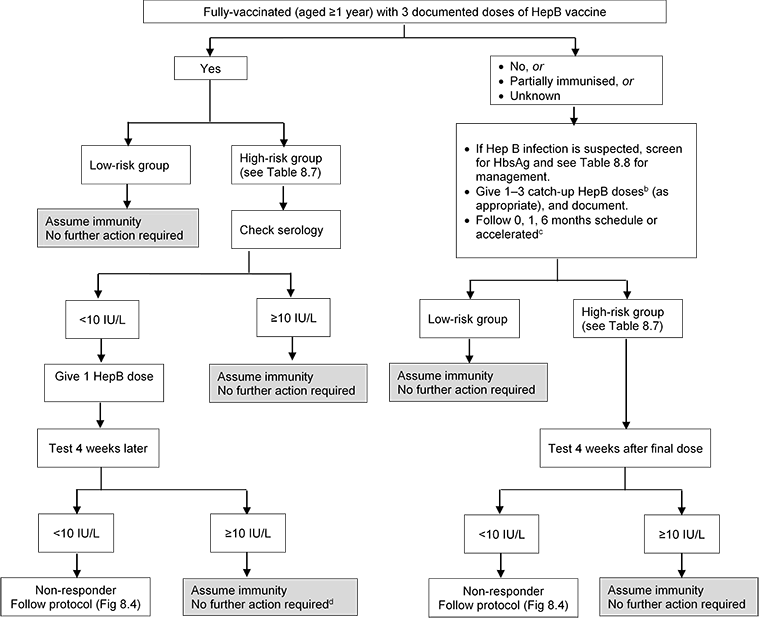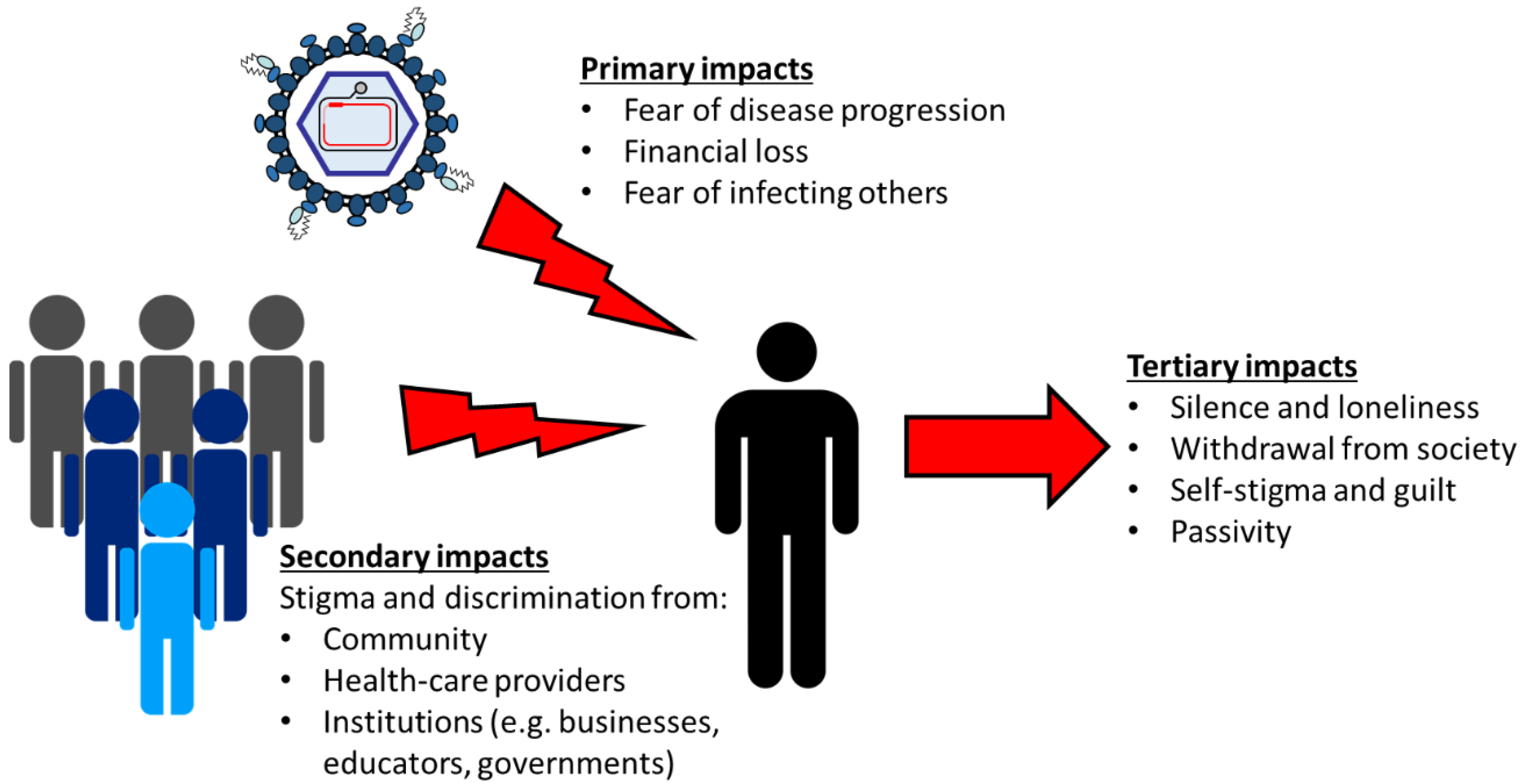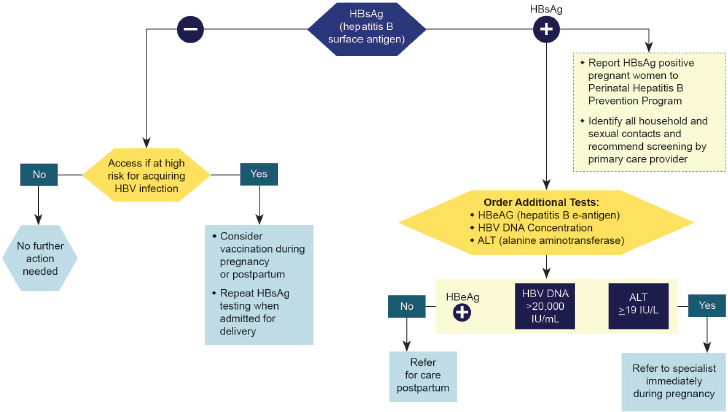How Often Do Healthcare Workers Need Hep B Vaccine
Recommendations for use of personal protective equipment by HCP remain unchanged. After acute infection with hepatitis B virus some people become chronically infected.

Time Delays In The Receipt Of Doses Of Hepatitis B Vaccine For Children Download Table
Seven states require hospitals to offer HepB vaccination to healthcare workers.

How often do healthcare workers need hep b vaccine. The vaccine is given in to the muscle at the top of the arm. The recommended schedule for the hepatitis B vaccine is to receive the first shot followed in one month by the second shot. It should be given ideally within 48 hours but no later than seven days after exposure.
These are given at 0 1 and 6 months. PEP may be indicated even if the exposed person has received hepatitis B vaccine previously. However the vaccine should not be delayed whilst awaiting blood test results.
Fully vaccinated refers to a person who is. Most adults will have completed a primary series of polio vaccine as children. In some situations you may also need to have an injection of antibodies called specific hepatitis B immunoglobulin HBIG along with the hepatitis B vaccine.
A blood test will also be taken 2 months after the full course of immunisation to make certain that the immunisation has been effective. HBIG should ideally be given within 48 hours but you can still have it up to a week after exposure. How often should I test health care workers after theyve received the hepatitis B vaccine series to make sure theyre protected.
The vaccination must be offered after the worker is trained and within 10 days of initial assignment to a job where there is occupational exposure unless the worker has previously received the vaccine series antibody testing has revealed that the worker is immune or the vaccine is contra-indicated for medical reasons. Hepatitis B vaccine info for healthcare professionals including vaccine recommendations vaccine information storage and handling administering vaccine references and resources. Hepatitis B vaccine is usually given as 2 3 or 4 shots.
If adequate anti-HBs is present 10mIUmL nothing more needs to be done. Hepatitis B immunisation course consists of three doses of vaccine. Per Maine law.
7 rows If you have not had chickenpox varicella if you havent had varicella vaccine. Hepatitis B is the worlds most common serious liver infection. Designated Healthcare Facilities shall make available the Hepatitis B vaccine to all health care workers with a risk of occupational exposure 62 Maine law states that the definition of Designated Health Care Facility includes hospitals.
Adolescents aged 1115 years can receive an alternative 2-dose schedule at 0 and 6 months. Hepatitis B vaccination is recommended for all other risk groups usually in a 3-dose schedule 0 1 and 6 months. Further doses are routinely given at 2 months 4 months and 6 months as a combination vaccine.
Those who test negative should complete a second series of hepatitis B vaccine on the usual schedule and be tested again 12 months after the last dose. It is recommended that this course begins within 24 hours of birth with a vaccine against hepatitis B alone. If you think that you have not received the vaccine then a primary series of polio vaccine is recommended.
Hepatitis B vaccine and be retested 12 months later see Figure 1. The vaccine is not needed for those people who have HbsAg or anti-HBs. Hepatitis B vaccine is given as a two or three dose series depending on the age that you receive the vaccine.
Healthcare workers for whom hepatitis B vaccination is contra-indicated who decline vaccination or who are non-responders to vaccine should. Health care workers should have a booster dose of the vaccine 10 years after completion of the primary series. 2 weeks following receipt of the second dose in a 2-dose series or 2 weeks following receipt of one dose of a single-dose vaccine.
Periodic testing or boosting is not needed. Six months following the first shot you should receive your third and final shot of the series. Those who test positive following the booster dose are immune and require no further vaccination or testing.
Learn more about Hepatitis B and who is eligible for the vaccines publicly funded free here. Immunisation is the best protection against hepatitis B infection. When provided according to the recommended schedule HB-containing vaccine is 95 to 100 effective in preventing chronic infection for at least 30 years following immunization.
At least four weeks between doses 1 and 2. There is some flexibility in the schedule but be sure to keep in mind the minimum intervals between doses. In general you only need the complete Hepatitis B vaccine series once in a lifetime.
There is currently no post-vaccination time limit on fully vaccinated status. Postvaccination testing should be done 12 months after the last dose of hepatitis B vaccine. Infants should get their first dose of hepatitis B vaccine at birth and will usually complete the series at 6 months of age sometimes it will take longer than 6 months to complete the series.
Routine administration schedule for hepatitis B vaccine in adults The dosing schedule is 0 1 to 2 months and 4 to 6 months.

9 Hepatitis B Immunisation Handbook 2020 Ministry Of Health Nz

Viruses Free Full Text The Lived Experience Of Chronic Hepatitis B A Broader View Of Its Impacts And Why We Need A Cure Html

4 Essential Interventions A National Strategy For The Elimination Of Hepatitis B And C Phase Two Report The National Academies Press
Posting Komentar untuk "How Often Do Healthcare Workers Need Hep B Vaccine"